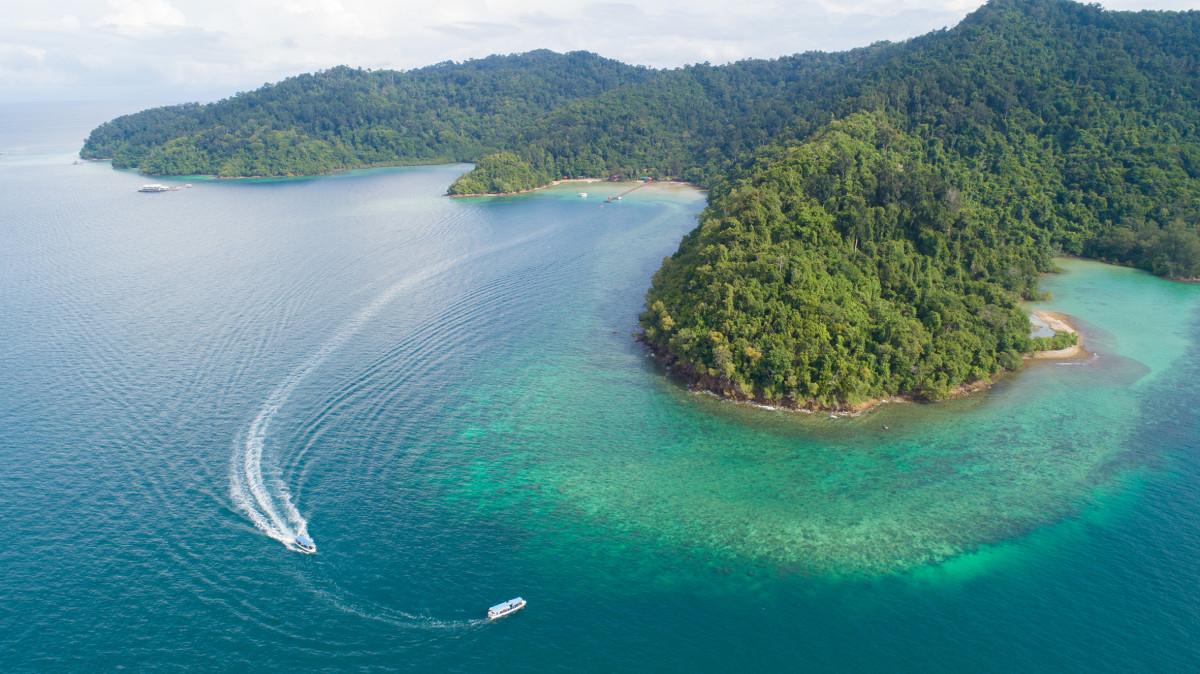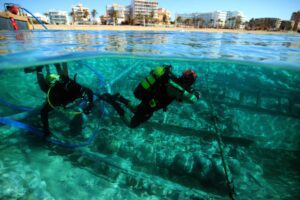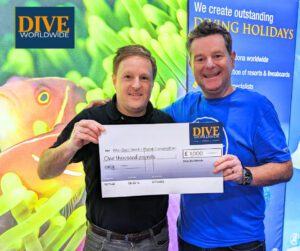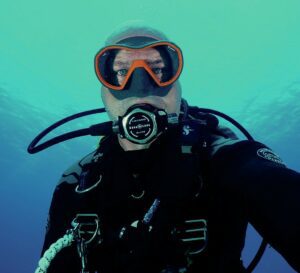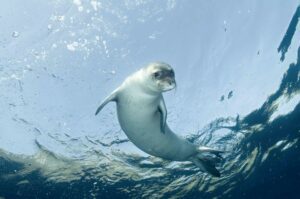The Importance of Effective Environmental Action and Policy
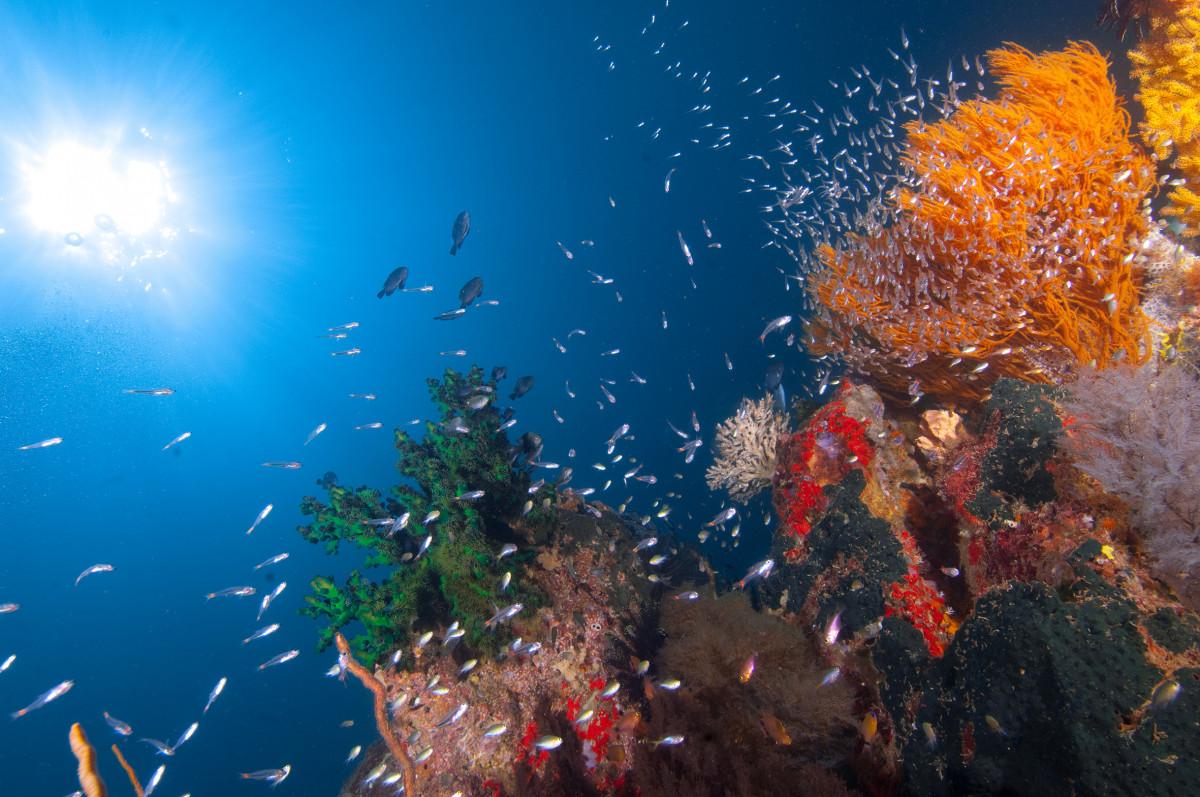
It was during the summer of 1989 that I first heard of global warming. Drinking Pimms & Lemonade in my friend Victoria’s garden, it was a very hot summer. Feet – ankle-deep in her paddling pool we joked that global warming sounded like a good deal “England will be warmer” we laughed …. how wrong we were!
At the time, I thought that even if global warming turned out to be a bad thing – it wouldn’t be something that I would experience in my lifetime – wrong again!
Now, thirty one years later, I can see the catastrophic results of the earth warming up. Coral reefs are highly vulnerable to a changing climate. Warmer ocean temperatures and other stressors cause coral bleaching events which can damage and destroy coral reefs and the ecosystems they support. A major global bleaching event is considered one of the most visual indicators of climate change. Coral bleaching occurs within weeks, not years or decades.
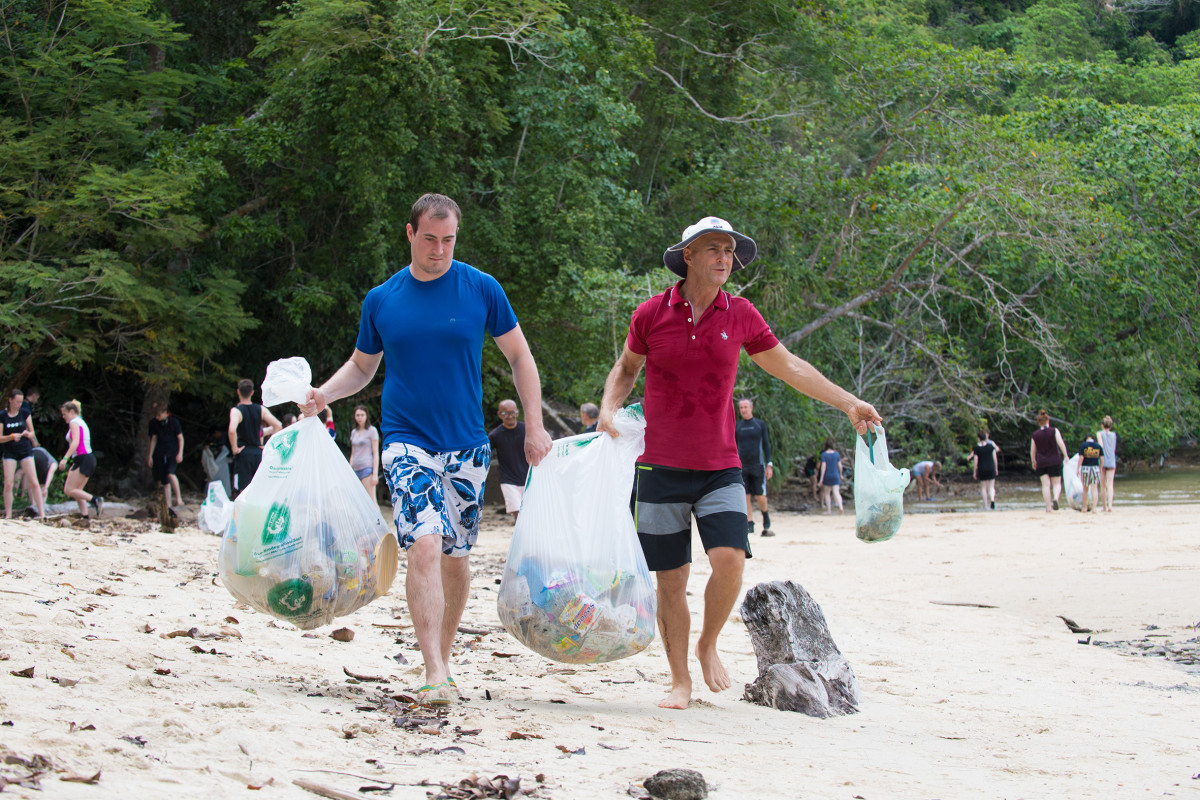
If this wasn’t bad enough, global warming is not the only threat to our oceans. Single use plastics and commercial fishing are having enormous detrimental effects on our planet. These issues are often overwhelming but we can no longer be forgiven in thinking that we can’t do anything about it or that our lives will not be affected by this change. We can do something and we are already affected.
As PADI Instructors we have many responsibilities, not only in water safety but also environmental education and action.
In 2008 we felt the need to make some serious changes within our company and personal lives to address the environmental impact we make on global resources so we put in place our responsible tourism & environmental action policy.
Although there is an immense amount of news coverage relating to the environment, the importance of policy is often ignored. Whilst we wait for governments to create the strategy it's important and effective to create our own. It's our hope that we can inspire our team, our families and our clients to put into practice some of our commitments.
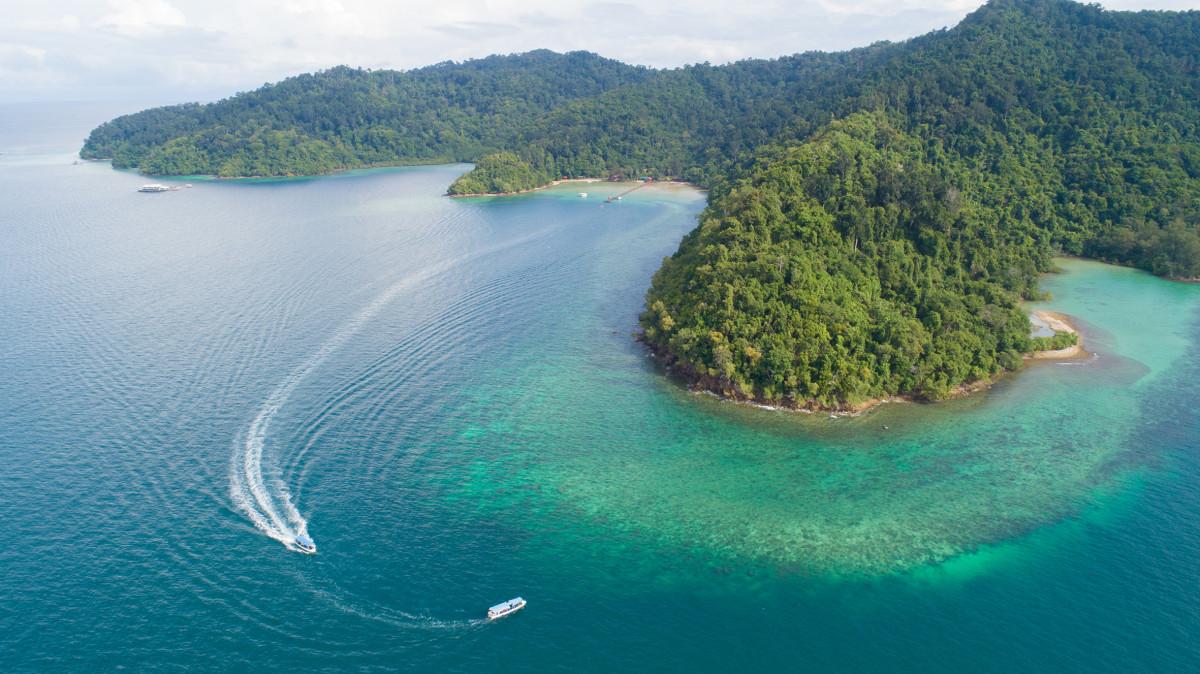
Single-Use Plastic
We have a total ban on the use of single-use plastics in our company and many of our employees have implemented this at home. You will not see a plastic bottle, straw, bag, take-away box at any of our premises. Any “slip-up” by our team will incur a MYR 5.00 (AUD 2.00) per item fine which is then put into our SPCA (Society for the Prevention of Cruelty to Animals) donation box.
Carbon Footprint
All our premises save energy where ever possible. “Everything Off” is very well known within our company. We also follow other policies to reduce our carbon footprint which include.
- We encourage road transportation over air transportation whenever possible.
- We use local produce of fruit & vegetables from the market.
- We recycle everything possible, making our own bags from recycled materials.
- We are paperless wherever possible. Minimising the use of printed items including business cards in this digital age. Using cloud & web based technology for the majority of our processes.
- We were the first company in Malaysia to earn the PADI Green Star award for our efforts in reducing our carbon footprint and saving energy.
Beach Clean-Ups
Beach clean ups are a routine job for our island teams. Sadly, ocean trash is an increasing problem worldwide and if, like us, you are blessed to be based on a beach, you will see the plastic tide daily. More than 8 million tonnes of plastic is thrown away each year and washed out to sea.
It takes centuries to break down. It’s eaten by marine creatures and it’s already in our food chain. Scientists can’t say how dangerous plastic is to human health, but it’s clear the effect on wildlife is devastating. Fish, whales, dolphins, seals, in fact hundreds of animal species have eaten plastic and suffered an excruciatingly painful and slow death. Some seabirds and turtles have been found to have so much plastic in their stomachs that they were no longer able to eat the food they need to survive. This affects their ability to migrate, mate and raise their young.
Conservation projects, such as our beach and underwater clean-up events, aid to raise awareness locally and internationally about the health of the natural environment. We show people the effects of excess rubbish in our oceans and explain how everyone can make a difference. More than 3,000 people have joined our conservation days and become torchbearers for reducing plastic waste. Continuous awareness and better waste management is required.
Animal Welfare
We have a strict “no contact” policy for all animals (land & ocean). All animal interaction is clearly defined during our pre-activity briefings. We play an active role in many animal welfare projects including marine life, orang-utans, sun bears, street cats & dogs.
Our PADI 5 Star IDC Career Development Centre serves only vegetarian food, replacing meat with Tempeh, which is fermented soya bean and a great substitute for meat. Made by a local family here in Sabah, the environmental footprint to produce it is minimal and our purchases fund the local economy, it’s also un-processed and very healthy for the gut.
Marine Conservation Field Trips for Schools and Universities
Many formal Bachelor, Masters and Doctoral degree qualifications require field trips. Our PADI 5 STAR Career Development Centre is the ideal location to conduct such a program together with Universities & their professors.
Typical field trips include a PADI Open Water Diver Course & Peak Performance Speciality Course (two PADI qualifications). After completing these courses, the program focuses on teaching the skills required to conduct marine research. The average duration for such a program is 8 days and our marine conservation work features heavily in the program format. For international schools and universities these field trips have taken a virtual form during the Covid-19 pandemic but remain and important part of our commitment to help educate the planets future policy makers.
When we at Downbelow Marine & Wildlife Adventures Sdn Bhd first implemented our environmental policy, we were ahead of our time and leading the field, many people thought we were extreme activists. Today, we feel somewhat hopeful for the future as more and more companies and individuals give serious attention & resources to their own environmental policy and way of life. The UNWTO 2030 Sustainable Development Goals are thought to stimulate action in supporting change, pushing business practices and consumer behaviour towards a more sustainable way in which we humans treat our planet and the life upon it.
Written By Joanne Swann
PADI Master Instructor & Director at Downbelow Marine & Wildlife Adventures Sdn Bhd Sabah, Borneo.
Down Below Adventures conservation awareness projects
Photography By Richard Swann
Platinum PADI Course Director & Managing Director at Downbelow Marine & Wildlife Adventures Sdn Bhd Sabah, Borneo.
Down Below Adventures conservation awareness projects
Click here for more information about visiting Sabah on the stunning island of Borneo. Sabah Tourism
Want more conservation-related articles?
500 Green Turtle Hatchlings Released
Ceningan Divers release online Education Centre to promote environmental conservation
